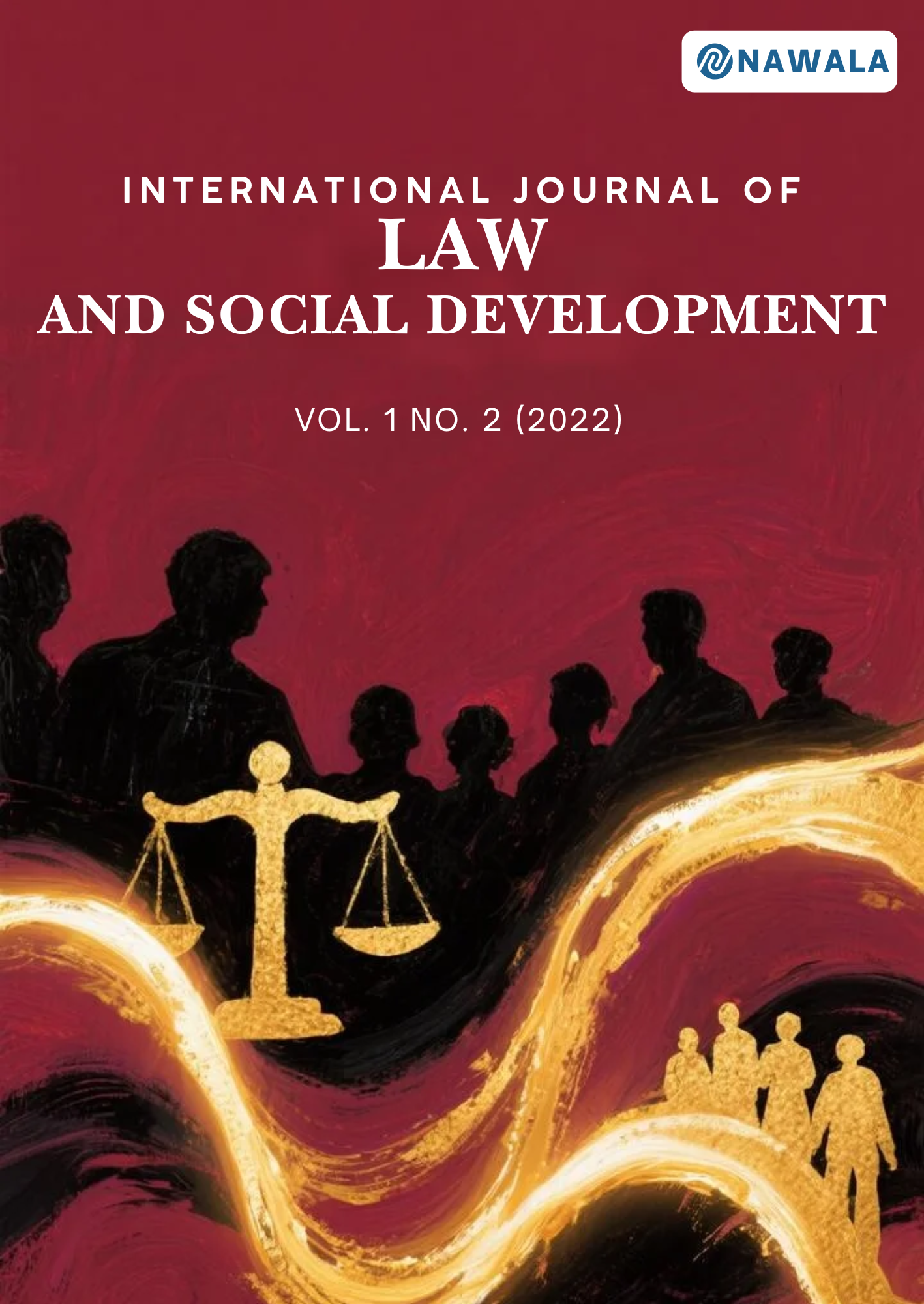Strengthening Consumer Protection in Indonesia’s E-Commerce: Legal Framework, Cyber Security, and Sustainable Digital Trust
Keywords:
Accountability, Consumer Protection, Cyber Security, E-Commerce, RegulationAbstract
The rapid growth of e-commerce in Indonesia has significantly influenced economic development and transformed consumer behavior, while simultaneously creating new challenges in consumer protection. Issues such as aggressive marketing, information uncertainty, personal data breaches, and cybercrime have highlighted the need for robust legal safeguards. The Consumer Protection Act (Undang-Undang tentang Perlindungan Konsumen/UUPK) and the Electronic Information and Transactions Act (Undang-Undang Informasi dan Transaksi Elektronik/UU ITE) provide a normative framework, reinforced by constitutional guarantees under Article 28G of the 1945 Constitution. However, effective implementation depends on consistent enforcement, strict oversight, and increased public awareness. This study emphasizes the importance of strengthening cyber security standards, enhancing digital literacy, and fostering collaboration among government, businesses, and society to ensure a safe and fair e-commerce ecosystem. Protecting consumer rights is not only a legal obligation but also a strategic approach to sustaining trust and loyalty in the digital marketplace, ensuring that economic progress is accompanied by security, justice, and long-term sustainability.





